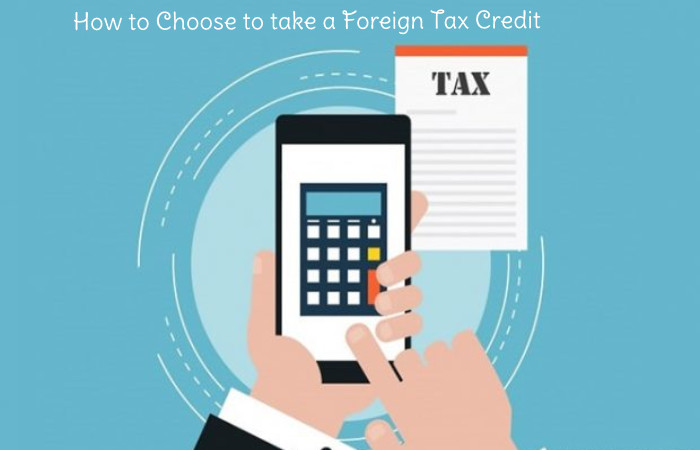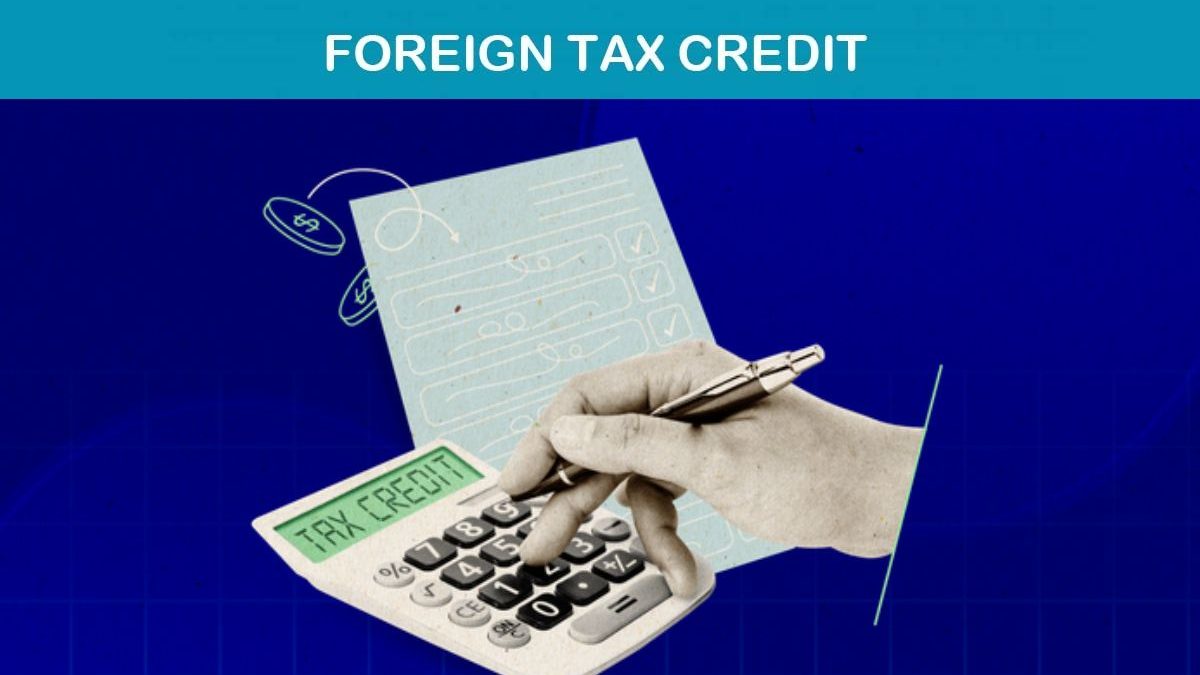Table of Contents
Foreign Tax Credit
The foreign tax credit intends to decrease the double burden of taxation that would otherwise arise when foreign source income is subject to US tax. And the foreign country’s tax from which such income derives.
Requirements to qualify for the Foreign Tax Credit
Taxes must meet four needs to be eligible for the foreign tax credit:
- The tax must be an actual and legal foreign tax liability,
- The tax has to impose on you;
- You must have paid or accrued the levy;
- The duty must be a profits tax (or a substitute tax for an income tax).
Generally, only taxes on income paid or accrued to a foreign country or possession of the U.S. (also known as a territory of the United States). Taxes paid or accrued to that country or region instead of taxes on income qualify for the foreign tax credit.
Foreign Tax Credit that does not Qualify:
- Taxes that can refund to you.
- Taxes are used to provide a grant to you or someone related to you.
- Surcharges are not required by law because you could have avoided paying the taxes to the foreign country.
The taxes that are paid or accrued to a country if the income that originated said taxes are for a period (penalty period) during which:
- The United States Secretary of State has singled out that country as a country that repeatedly supports acts of international terrorism.
- The United States has terminated diplomatic relations or does not maintain diplomatic relations with that country, or
- And also, the United States does not know the government of that country unless that government is eligible to purchase defence articles or services under the Arms Export Control Act.
- Foreign taxes are withheld on dividends concerning foreign securities that do not meet the required minimum holding periods.
- Foreign taxes are withheld on profits and income from other foreign properties that do not meet the required minimum holding periods.
Note: These taxes can be claimed as an itemized deduction even if you claim foreign tax credits for the qualifying taxes.
How to Choose to take a Foreign Tax Credit or a Deduction?

You can decide to take the amount of any qualified tax paid during the year as a credit or a deduction. To elect the deduction, you must itemize your deductions on Schedule A of Form 1040. To claim the foreign tax credit, you typically complete Form 1116 and attach it to your Form 1040, Form 1040-SR, or Form 1040-NR. It would help if you elected either the foreign tax credit. The itemized inference for all foreign taxes paid or accrued during the year. This is an annual option.
If you are a taxpayer using the cash method of accounting. You can only get the foreign tax credit in the year. You pay the qualified foreign tax credit unless you elect to maintain the foreign tax credit in the year due to taxes accruing. Once you make your assortment, you cannot change your decision and, in the following year. Claim the taxes in the year in which you pay them.
ALSO READ: CRYPTOCURRENCIES
Foreign Work Income and Foreign Housing Exclusions
You cannot take credit or inference for taxes paid or accrued on the income you exclude under the foreign earned income keeping out or the foreign homestead exclusion. However, there is no double taxation in such a situation since that income is not subject to US income tax.
Foreign Tax Credit Calculation when Filing Form 1116
If you use Form 1116 to shape the credit, your foreign tax credit will be less than the amount of taxes paid or accrued or US taxes attributable to your source income. Separately calculate the limit for passive income, income earned under a tax treaty. The income derives from sanctioned countries under section 901(j) of the Internal Revenue Code. The income includes under section 951A of the Internal Revenue Code, income from foreign divisions and all other income.
Rollover of Unused Credit to Prior and Subsequent Periods
Suppose you cannot claim a credit for the total amount of qualified income tax you paid or accrued for the year. However, you can carry over the unused foreign income tax to earlier and later periods. It does not permit foreign tax carryover on included income under section 951A of the Internal Revenue Code. So, for example, you can roll it over to a single prior year and then to later periods over 10 years.
Claim without Filing Form 1116
You may choose to claim the qualified foreign tax credit without filing Form 1116 if you meet all of the requirements listed below:
- All of your income from foreign sources is passive income, such as interest and dividends.
- All of your foreign income and taxes on foreign-source income report to you on a form for people who receive certain payments. Such as Form 1099-INT or Form 1099-DIV or Schedule K -1 from a partnership, S-type corporation, hereditary estate or trust,
- The total of your qualified foreign taxes does not exceed the limit indicated in the Instructions for Form 1040 and Form 1040-SR. PDF corresponding to the filing status for the return you are using. Or in the Instructions for Form 1040-NR PDF (if you file Form 1040-NR).
- If you maintain the credit without filing Form 1116. You cannot carry forward any unused tax to an earlier year or later years.
- This election is not obtainable for estates or trusts.
How to Amend your Return to Claim the Foreign Tax Credit?
Suppose you claimed an itemized deduction in a specific year for qualified foreign taxes. In that case, you may instead elect to claim that will consequence in repayment for that year by filing an amended return on Form 1040-X within 10 years from the original filing date of your go back. The 10-year period also applies to calculation correction to your previously claimed.
Suppose the income tax you claimed as a credit refund to you or reduced. In that case, you must folder an amended return on Form 1040-X to report the foreign tax credit reduction no later than the due date (including extensions) of their go back for the year in which it was a refund or reduced.
Also Read: Golden Visa in Spain – Who can Apply for the Investor Visa?

